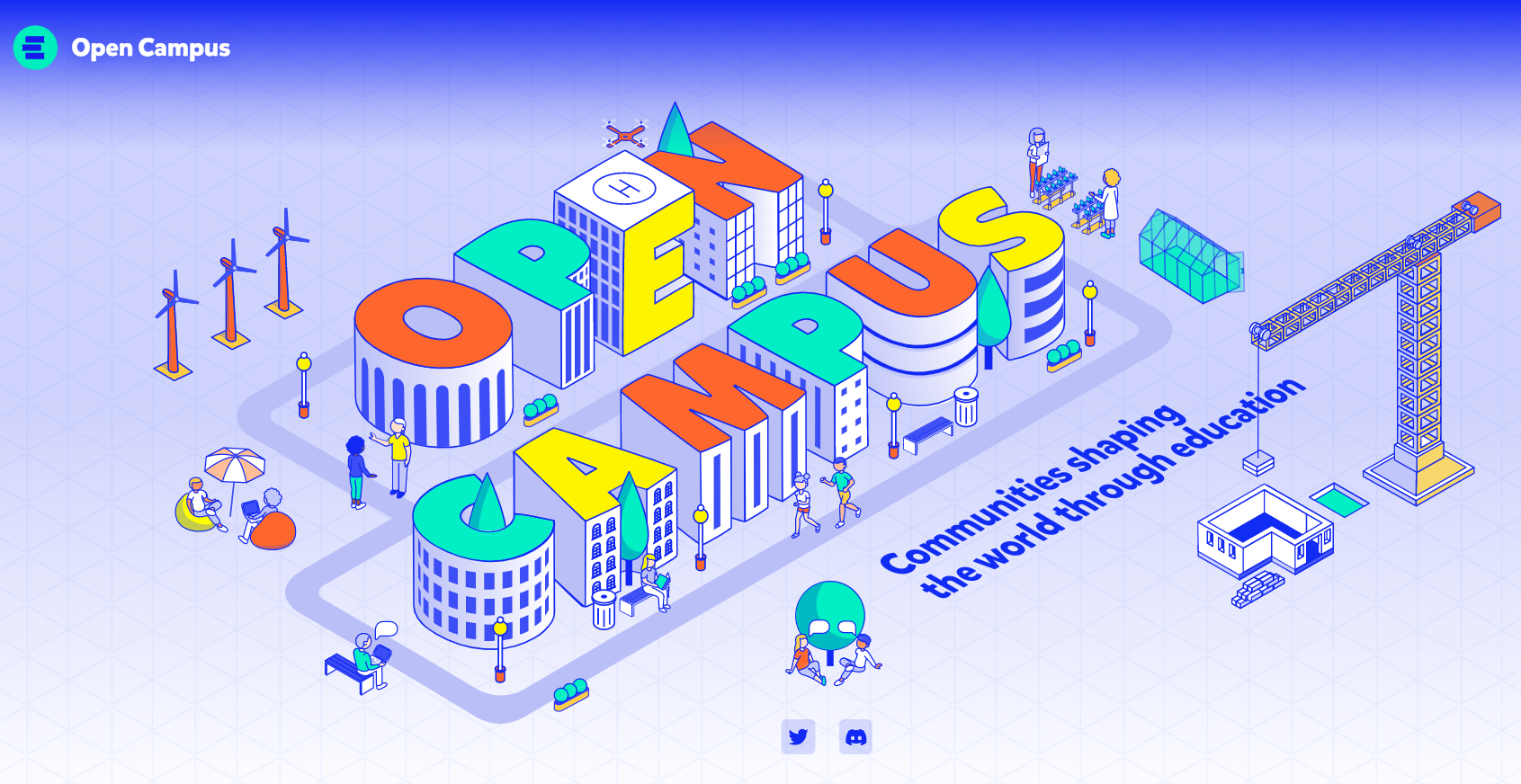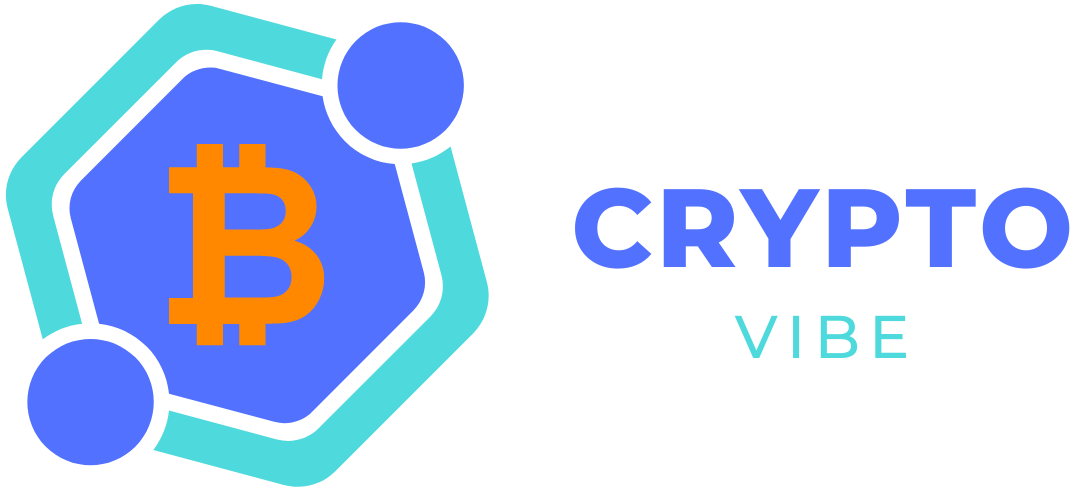Introduction to Open Campus
Open Campus has gained a lot of attention in recent months for its powerful motive. This web3 platform aims to transform the way digital educational content is utilized. If you are searching for all the important details about this platform, you have arrived at the right place. Here, we have covered all the available details in one place so you can learn more about this growing platform.

What is Open Campus?
Open Campus is a web3 protocol designed to revolutionize the education sector by creating a decentralized ecosystem for educational content creation and distribution. Here are the key features of this platform:
Decentralized Content Ownership
Open Campus empowers educators and content creators to own and manage their educational content on the blockchain. This system provides them with more control over their work and the potential to earn revenue directly.
Community-Driven Learning
The protocol fosters a collaborative learning environment where communities can create, curate, and share educational content that aligns with their needs. It can lead to a more diverse and engaging learning experience for students.
Tokenized Revenue Sharing
Open Campus utilizes the $EDU token to incentivize content creation and facilitate revenue sharing. Educators can create Publisher NFTs (non-fungible tokens) that represent their content, and co-publishers can contribute to its promotion and earn a share of the revenue generated.
Fair Value for Educators
Open Campus aims to address the undervaluing of educators by providing them with new opportunities to earn income from their expertise and contributions.
What is the Vision of Open Campus?
Open Campus’s vision appears to be centered around creating a more democratic and creator-centric educational landscape through blockchain technology. Here is what we can expect:
Empowering Educators
Open Campus envisions a future where educators have greater ownership and control over their content. By leveraging blockchain for decentralized content ownership, educators can potentially bypass traditional gatekeepers and reach a wider audience while directly earning from their work.
Decentralized Learning
Open Campus aims to move beyond centralized learning platforms. Their vision involves fostering a collaborative learning environment where communities can create, curate, and share educational content that caters to their specific needs. This could lead to a more diverse and dynamic learning experience for students.
Fair Value for Knowledge
A core aspect of Open Campus’s vision seems to be ensuring fair compensation for educators. The $EDU token and Publisher NFTs incentivize content creation and facilitate a revenue-sharing model. This could empower educators and potentially revolutionize how they are valued within the education system.
Open Campus Technological Framework
Open Campus utilizes blockchain technology to build a decentralized ecosystem for educational content creation and distribution. Here is a possible breakdown of the technological framework based on the available information:
Blockchain Network
Open Campus likely utilizes a specific blockchain network to facilitate decentralized content ownership, tokenized transactions, and community governance. While the exact blockchain is not explicitly mentioned in searches, possibilities include Ethereum, Solana, or Polygon, which are popular choices for building decentralized applications (dApps) due to their smart contract functionality.
Smart Contracts
Open Campus likely leverages smart contracts to automate various functionalities within the ecosystem. These self-executing contracts could govern processes like:
- Minting and managing Publisher NFTs that represent educational content.
- Facilitating tokenized transactions for content purchases and revenue sharing.
- Enabling community governance through voting mechanisms on platform improvements or content curation.
$EDU Token
Open Campus utilizes the $EDU token as its primary currency within the ecosystem. This token could be used for:
- Purchasing educational content represented by Publisher NFTs.
- Rewarding educators and co-publishers for their contributions.
- Potentially participating in community governance through a Decentralized Autonomous Organization (DAO) model (if implemented).

InterPlanetary File System (IPFS)
Open Campus might integrate with IPFS, a decentralized storage solution, to store educational content securely and immutably. IPFS helps ensure content remains accessible and censorship-resistant, aligning with Open Campus’s decentralized approach.
Open Campus Tokenomics and Reward System
Open Campus utilizes a tokenomic model built around the $EDU token to incentivize content creation, revenue sharing, and participation within its decentralized education ecosystem. Here’s a closer look at what we know:
$EDU Token Functions
Here are the key functions of $EDU tokens:
Content Access
The $EDU token is likely the primary method for users to access educational content offered on the Open Campus platform. Users would need to purchase Publisher NFTs (representing specific content) using $EDU tokens.
Reward System
Open Campus incentivizes content creation and community participation through $EDU rewards.
Educators and content creators can earn $EDU tokens for:
- Minting Publisher NFTs for their content.
- Receiving a share of revenue generated from content sales.
Community members might be rewarded with $EDU for:
- Contributing to content curation and quality control processes.
- Participating in governance decisions through a potential DAO (Decentralized Autonomous Organization) structure.
Governance (Potential)
While official information is limited, Open Campus might utilize a DAO model where $EDU token holders can participate in voting on platform upgrades, content moderation policies, or future project direction.
Distribution of $EDU Tokens
Specific details on the total token supply or how $EDU tokens are initially distributed (public sale, team allocation, etc.) are unclear at this stage.
Open Campus Partnerships
Open Campus has secured its first adopter, TinyTap, a popular kids’ app with a large user base. This initial partnership demonstrates the project’s potential for real-world adoption within the educational content creation space.
Open Campus Price
The current price of EDU is $1.10 as per the CoinMarketCap data. Please note that this token is relatively new and may take some time to circulate properly in the market.
How to Get Involved With Open Campus?
Open Campus, being a new project in the decentralized education space, offers a few ways to get involved. Here are the options you can consider:
Contributing as an Educator
Content Creation: If you are an educator or subject matter expert, you can potentially create educational content and convert it into Publisher NFTs on the Open Campus platform. It will allow you to own and monetize your content directly.
Community Engagement: Even if you are not initially creating content, participating in Open Campus’s online communities can be valuable. Share your insights, offer feedback on existing content, and connect with other educators.
Contributing as a Learner
Early Access: By being involved early on, you can gain access to the platform as it develops and explore the educational content offered by various creators.
Community-Driven Learning: Participate in discussions and curate content alongside other learners, shaping the learning experience within the Open Campus ecosystem.
Reaching Out Directly
- Contact Open Campus: If the above options do not provide enough clarity, consider reaching out to Open Campus directly through their website contact form or social media channels.
